Imagine if your mind was a radio that you couldn’t turn off. It would play the same song on repeat, no matter how much you tried to change the station. For people with obsessive compulsive disorder (OCD), that’s reality. OCD is a mental health condition that causes intrusive, unwanted thoughts (obsessions) and repetitive behaviors (compulsions). People with OCD can’t control their obsessions and compulsions, even though they may realize that their behavior isn’t logical.
What Causes OCD?
The cause of OCD isn’t fully understood, but it’s thought to involve a combination of genetic and environmental factors. OCD may run in families, but it’s not clear how much of this is due to genetics and how much is due to learned behavior. In some cases, OCD may be triggered by a stressful life event, such as the death of a loved one or a divorce.
Symptoms of OCD
People with OCD may have either obsessions or compulsions, or both. Obsessions are intrusive, unwanted thoughts, images, or urges that repeatedly occur in your mind. You may try to ignore them or get rid of them by performing a compulsion. Compulsions are repetitive behaviors that you feel you have to do to relieve your anxiety caused by the obsessions. These compulsions are usually not realistically connected to what’s causing your obsession. For example, if you’re obsessed with germs and contamination, you may wash your hands over and over again throughout the day.
Treatment for OCD
If you have symptoms of OCD, talk to your doctor or a mental health provider. Treatment for OCD often includes medication and cognitive behavioral therapy (CBT). Medication can help reduce the intensity of your symptoms, while CBT can help you learn how to better manage your condition. In some cases, exposure and response prevention (ERP) may also be recommended as part of your treatment plan. ERP is a specific type of CBT that involves gradually exposing yourself to situations that trigger your obsessions and learning how to resist performing compulsions in response.
Conclusion:
If you have symptoms of OCD, don’t hesitate to reach out for help. There are many effective treatments available that can help improve your quality of life. With proper treatment, you can learn how to better manage your condition and live a fulfilling life despite your challenges.
